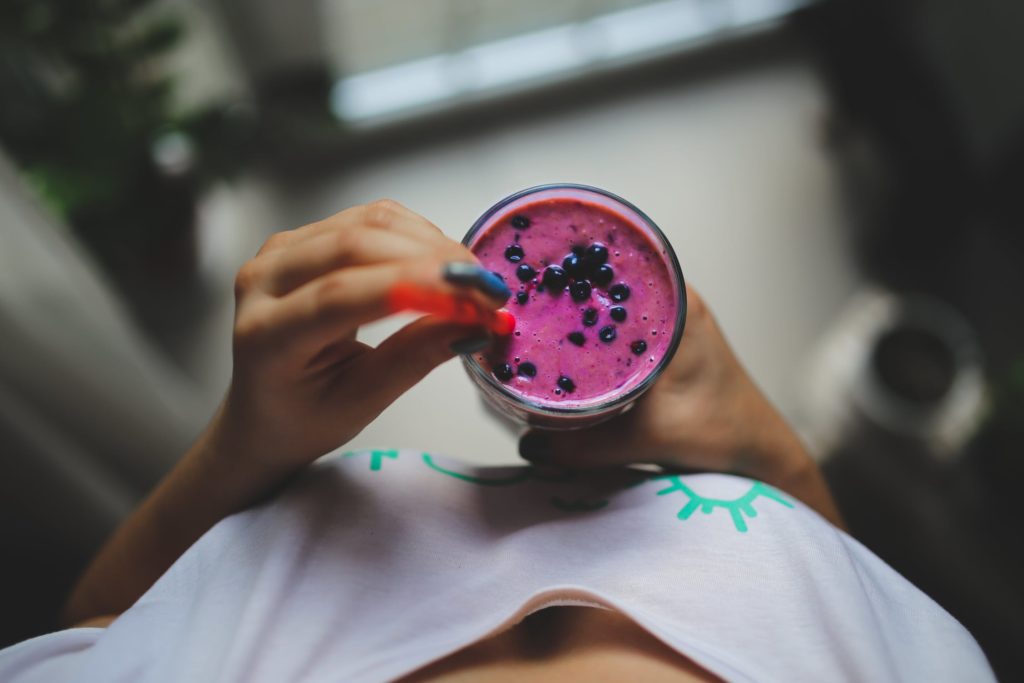Increasing water intake is a simple yet powerful step towards achieving radiant and healthy skin. When the body is well-hydrated, it helps regulate healthy oil production, preventing dryness and minimizing the appearance of fine lines and wrinkles.
Dehydration can leave the skin dull, flaky, and prone to irritation. Prioritizing hydration enhances your skin’s natural defenses and fosters a luminous and youthful appearance. Continue reading to discover how drinking water throughout your day can improve the appearance of your skin and tips to increase its health.

Hydration’s Skincare Benefits
Drinking a sufficient amount of water is crucial for maintaining healthy and radiant skin because hydration plays a pivotal role in promoting skin elasticity and minimizing the presence of fine lines and wrinkles. Water helps flush out toxins from the body, preventing skin blemishes and acne. Adequate hydration supports the skin’s natural barrier function, shielding it from external pollutants and irritants.
Well-hydrated skin is less susceptible to dryness and flakiness, fostering a smoother and softer texture. Water intake contributes to regulating sebum production, preventing excessive oiliness or dryness. Improved blood circulation resulting from proper hydration helps ensure essential nutrients reach the skin cells.
In addition, sufficient water consumption reduces puffiness and under-eye circles, enhancing the overall appearance of the skin. Incorporating the habit of regularly drinking water into daily routines provides a natural and accessible means of achieving a vibrant and hydrated complexion.
Detoxification and Skin Health
The body’s largest organ, the skin, is a key player in the detoxification process. Sweating, a natural mechanism, helps expel toxins from the body, contributing to a clearer complexion. Adequate water consumption aids in flushing out toxins through urine, reducing the burden placed on the skin.
Detoxification encompasses hydration, nutrition, and physical activity, synergistically promoting clear, radiant skin, reflecting the body’s overall health. Detoxification also supports liver function, as this organ plays a major role in filtering and processing toxins. A well-functioning liver ensures that fewer impurities circulate in the bloodstream, preventing potential skin issues.
An antioxidant-rich diet packed with fruits and vegetables helps support the body’s detoxification pathways and defends against oxidative stress, which can contribute to premature aging and skin damage. Regular exercise enhances blood circulation, facilitating the transport of oxygen and most nutrients to the skin cells while aiding in the removal of waste products.
Wrinkle Prevention and Anti-Aging
The scientific mechanism behind hydration’s role in wrinkle prevention and anti-aging is rooted in the skin’s intricate structure and function. The outermost part of the skin (epidermis layer) contains keratinocytes that maintain moisture balance through a complex interplay of lipids and proteins. Dehydration compromises this barrier, leading to increased transepidermal water loss (TEWL) and reduced skin elasticity.
Hydration is critical for the proper functioning of fibroblasts in the dermis, the deeper layer of the skin responsible for collagen and elastin production. Collagen provides structural support, while elastin imparts elasticity. Water is essential for the enzymatic reactions involved in collagen synthesis, and its presence ensures the skeletal integrity of the extracellular matrix.
Well-hydrated skin minimizes the appearance of fine lines by maintaining an optimal microenvironment for enzymatic activities. Moisture plumps up skin cells, reducing the visibility of wrinkles and promoting a smoother texture. Water supports the body’s detoxification processes, helping eliminate free radicals that might damage skin cells and accelerate aging.
Tips for Staying Hydrated To Improve Your Skin
Incorporating these strategies into your daily routine can improve hydration, benefiting not only your overall health but also the appearance and health of your skin.
- Set Reminders: Use cues on your phone or smartwatch to prompt you to take breaks and drink water throughout the day. This approach can be especially helpful for those with busy schedules.
- Limit Caffeine and Alcohol: Caffeine and alcohol can contribute to dehydration. Consume these beverages in moderation and try to balance them with a greater intake of water.
- Use a Hydration App: Consider using mobile apps specifically designed to track water intake and provide reminders. These apps will help you stay accountable and reach daily hydration goals.
- Opt for Electrolyte-Rich Drinks: Besides water, incorporate drinks with electrolytes, especially if you engage in physical activities. These beverages help maintain the body’s electrolyte balance for optimal hydration.
- IV Hydration Therapy: For a more direct and efficient method of hydration, especially in cases of dehydration or skin rejuvenation, explore IV therapy in Bend, Oregon. Administered by healthcare professionals, this method ensures rapid and effective hydration by delivering essential fluids directly into the bloodstream.
Conclusion
The transformative impact of drinking more water on skin health is undeniable. Hydration is a fundamental pillar for maintaining the skin’s vitality and resilience. Adequate water intake supports the skin’s natural mechanisms, such as barrier function, collagen synthesis, and detoxification processes.
It is important to prevent dehydration, which may lead to dryness, fine lines, and a lackluster complexion. Well-hydrated skin is better able to fend off environmental stressors, contributing to a more radiant and youthful appearance.
The benefits extend beyond aesthetics. Make hydration a priority, and let your skin glow from the inside out!




